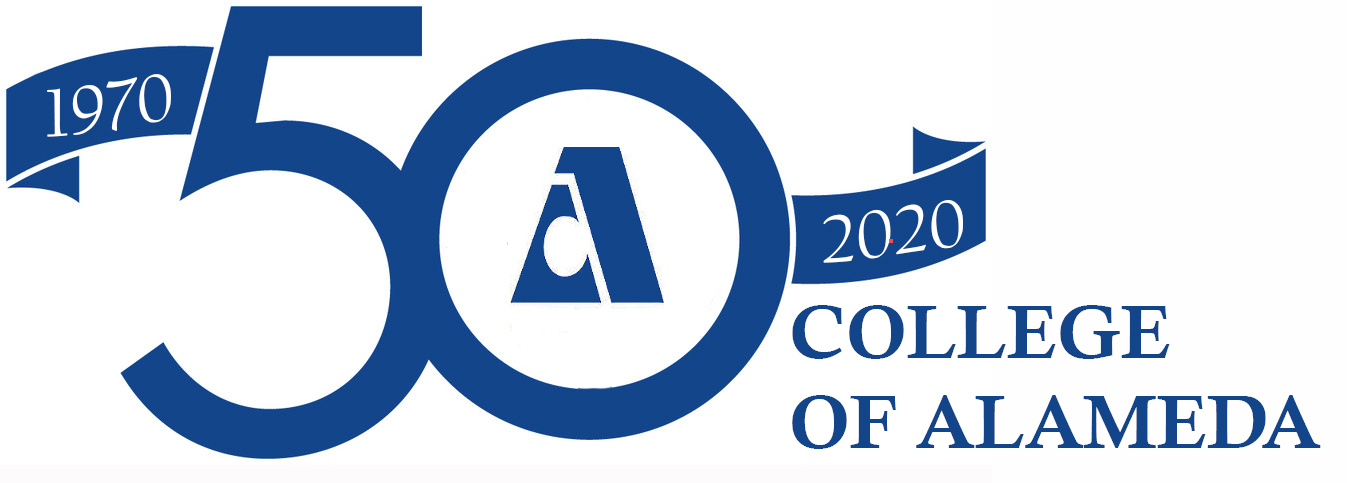Quick Facts about Diesel Mechanics
Technical Skills Developed in the Program
- Troubleshoot and repair defective parts in mechanical, electrical and electronic systems.
- Use computers to diagnose equipment and research information.
- Perform preventative maintenance such as engine tune-ups, front-end alignments, and brake adjustments.
- Operate shop machinery and equipment including hoists, overhead cranes, forklifts, hydraulic jacks, compressors, steam cleaners, floor jacks, disassembly stands, grinders, drill presses, hydraulic
- presses, valve and seat grinders, and bead blasters.
- Select and use precision tools such as torque wrenches, micrometers, dial indicators, tap and dies, and bore gauges.
Professional Skills Developed in the Program
- Apply safe work habits and practices.
- Maintain professional attitude in challenging working conditions.
- Plan and implement work schedule in partnership with team members and document performance.
- Develop self-confidence and pride in workmanship.
- Think analytically and make professional decisions.
- Students are assisted in seeking employment in the industry while they complete the program. Internships are available.
Skills, Background & Personal Qualities Helpful for Success in the Program
- Proficiency in Basic Math and Reading
- Completion of courses in auto, metal, or machine shop and high school science is beneficial.
- Mechanical aptitude and ability.
- Self-discipline to carry out precision work to industry standards.
- Good physical condition and coordination.
- Commitment to life-long learning to keep pace with new technology.
- Good communication skills.
- Experience with equipment and tools.
Wages, Benefits and Working Conditions
Entry level – approximately $15.00 to $18.00 an hour
Experienced – $18.00 to $22.00 an hour
Top Pay Rate – $27.00 to $45.00 + an hour
Benefits may include medical, dental, vision, paid vacations and holidays, and excellent retirement plans. Standard workweek is 40 hours with most shops providing work attire.
The work is physically demanding. Health and safety laws provide for a safe workplace, and most employers have safety programs and equipment for employee education and use. Mechanics provide their own hand tools, and employers supply specialized equipment.
Careers in Diesel and Truck Mechanics
Journey-level Diesel and Truck Mechanics are highly respected technical experts in their field. They work independently to solve problems using professional judgement, and take responsibility for the safe operation of the equipment that they repair and maintain.
Diesel and Truck Mechanics also specialize in a particular field. Areas of specialization include trucks, buses, boats, ships, locomotives, construction machines and all classifications of support equipment.
On the job, Diesel and Truck Mechanics perform a range of duties including the following:
- Diagnosing problems in mechanical, electrical and electronic systems that require the use of sophisticated computers and other diagnostic test equipment.
- Troubleshooting electronic controls that govern engine performance and horsepower. Transmissions and brake systems are increasingly controlled by electronic systems that interface with engine function.
- Troubleshooting steering, hydraulic and pneumatic systems as well as brakes, axles, differentials, electric motors and compressors.
Upon acquiring the skills of a journey-level mechanic there are few limitations to career prospects associated with the trade. A partial list of career choices includes Power Mechanic, Chassis Mechanic, Field Service Technician, Power-train Mechanic, Equipment Inspector, Service Writer, Foreman, Supervisor, Manager, Trainer, Welder/Fabricator, Body and Paint Repairman, and Air Conditioning/Refrigeration Technician.
Industry Partners
Peterson Tractor & Power Systems *
Automotive Repair Trades Joint Apprenticeship Committee
California Air Resources Board
Alternative Transportation Technology Incentive
California Council on Diesel Education and Technology
Coast Counties Truck and Equipment
Wager Meter Manufacturer
Right Away Redy Mix
Yellow Freight
* Caterpillar and Peterson Tractor & Power Systems have made grants available to award Diesel & Truck Mechanics program scholarships to qualified enrolled students.
Program Time Commitment and Schedule Information
- You may start in either the Fall or Spring semester.
- The Certificate of Completion can be earned in four semesters. Many employers consider this certificate or its equivalent to be the minimum qualification for entry-level employment as a Mechanic/Technician.
- Students may begin with either the Truck Mechanics Chassis Systems course or the Diesel Engines course. Both courses provide lecture and lab classes.
- Day and evening classes are offered.
Program Costs
- Instructional fees are currently about $1000 for the 46 unit certificate program.
- Textbooks for the Certificate of Completion program run approximately $300.
- Tool and safety equipment for the two-year program is required and will cost a minimum of $350. These will be the same tools needed to begin your mechanics/technicians career.
- Work clothes and sturdy work boots or shoes are required for safety.
Financial Aid for these expenses is available for qualifying students.
Degrees & Certificates
A Certificate of Completion in Diesel Mechanics will be awarded upon satisfactory completion of the major course requirements.
The AS Degree will be awarded upon completion of the major course requirements and the General Education requirements for the Associate in Science Degree.
For details, look in the College Catalog under Diesel Mechanics.
